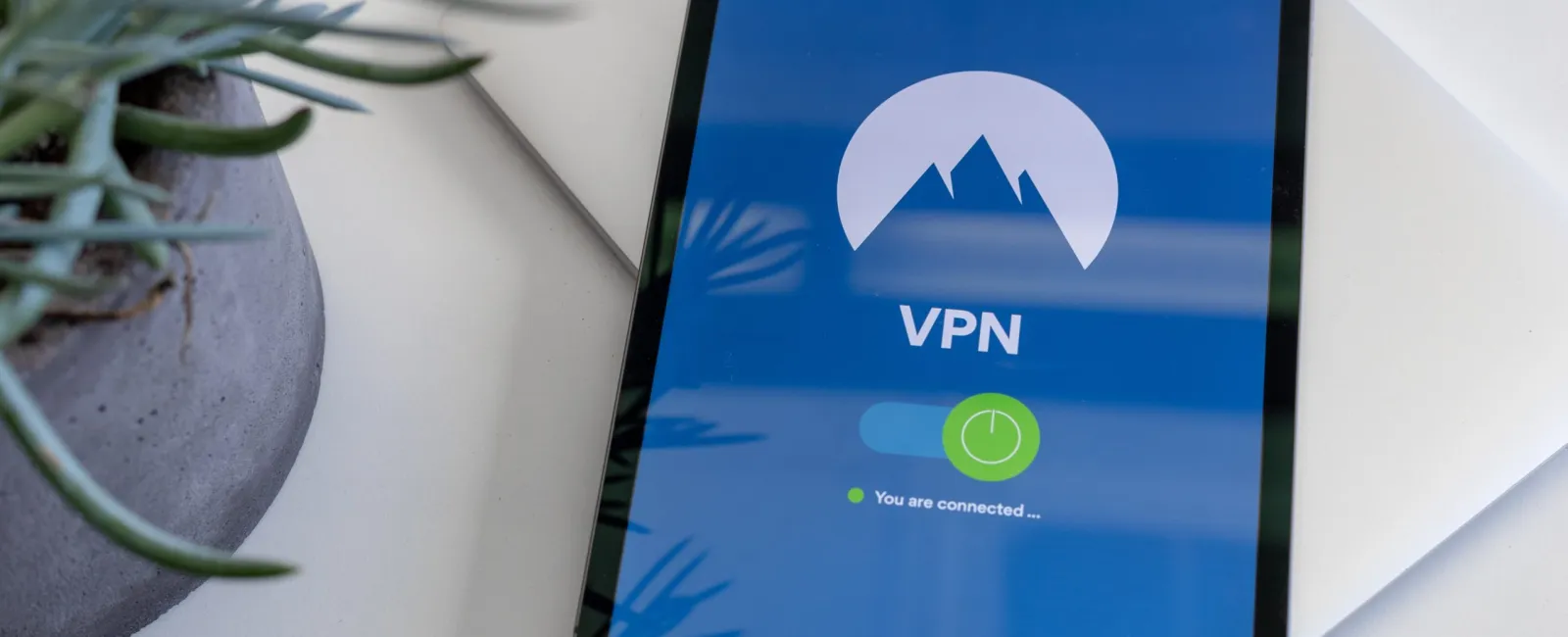April 20, 2020
Most of us try to keep our personal information and work information safe and private. Makes sense! Nobody wants a stranger peeping over their shoulder watching what sites they access and what data they are entering. Unfortunately, being on an unsecured internet connection, that scenario is a realistic probability.
VPN is short for Virtual Private Network, and is essential to creating a secure and private connection to the internet.
With the ability to conceal your location, encrypt any data transfers, and protect your anonymity, a VPN can be an essential tool that anyone can use. They can be used on a personal level for your independently owned devices, like tablets and smartphones, or they can be set up by your organization to create a secure remote connection to your organization’s network.
When on a public Wi-Fi network, everything you open, view or type could be seen and captured by a cybercriminal with tools that could intercept your internet traffic. So, if you went to your banking website and typed in your username and password, those credentials could be easily viewed by a nearby cybercriminal. To combat these bad actors, a VPN can create a secure connection allowing you to browse and login securely without fear.
A VPN will also protect your anonymity when browsing online.
Here’s a cold hard fact – many internet service providers sell our browsing history to third parties, which they use to generate targeted ads. Using a VPN will provide you with a theoretical disguise to keep your browsing sessions private, which will eliminate those ads that may link us to unwanted content.
Once viewed as more of a professional tool, VPNs have evolved significantly over the years and are now mainstream and easy for everyone to use. Most of our new electronic devices may have a VPN available, though in most cases these are not turned on by default. There are vendors that specialize in these services too, for a fee.
Talk with your IT department for assistance and to see what steps you can take to protect your devices on a personal and professional level.
Have questions? Need help?
Call us at 859-245-0582 or click here to reach out to us.
Want more cybersecurity tips to help keep your business safe & secure? Sign up for our email newsletter and have new articles & tips delivered straight to your inbox monthly.






